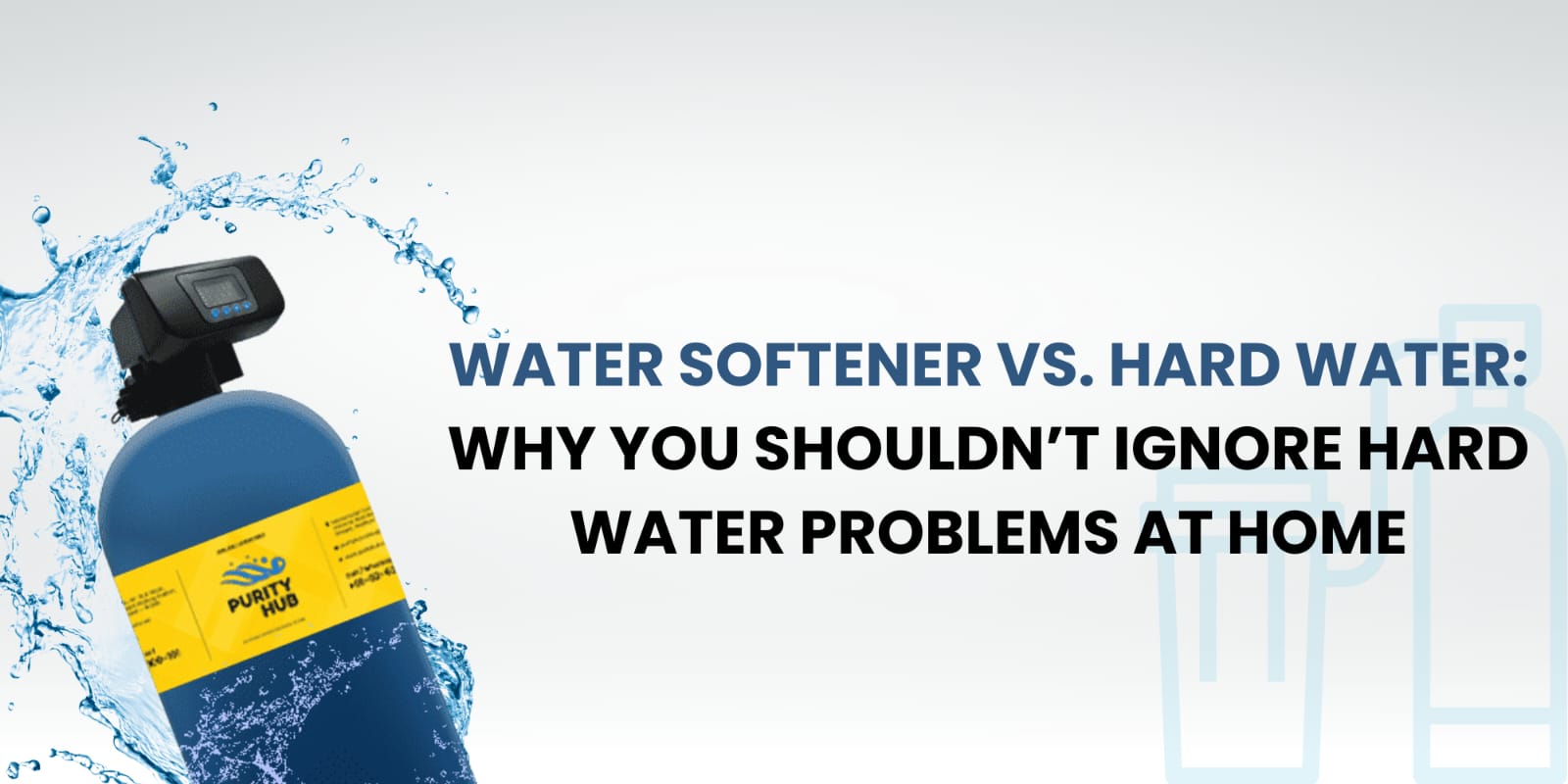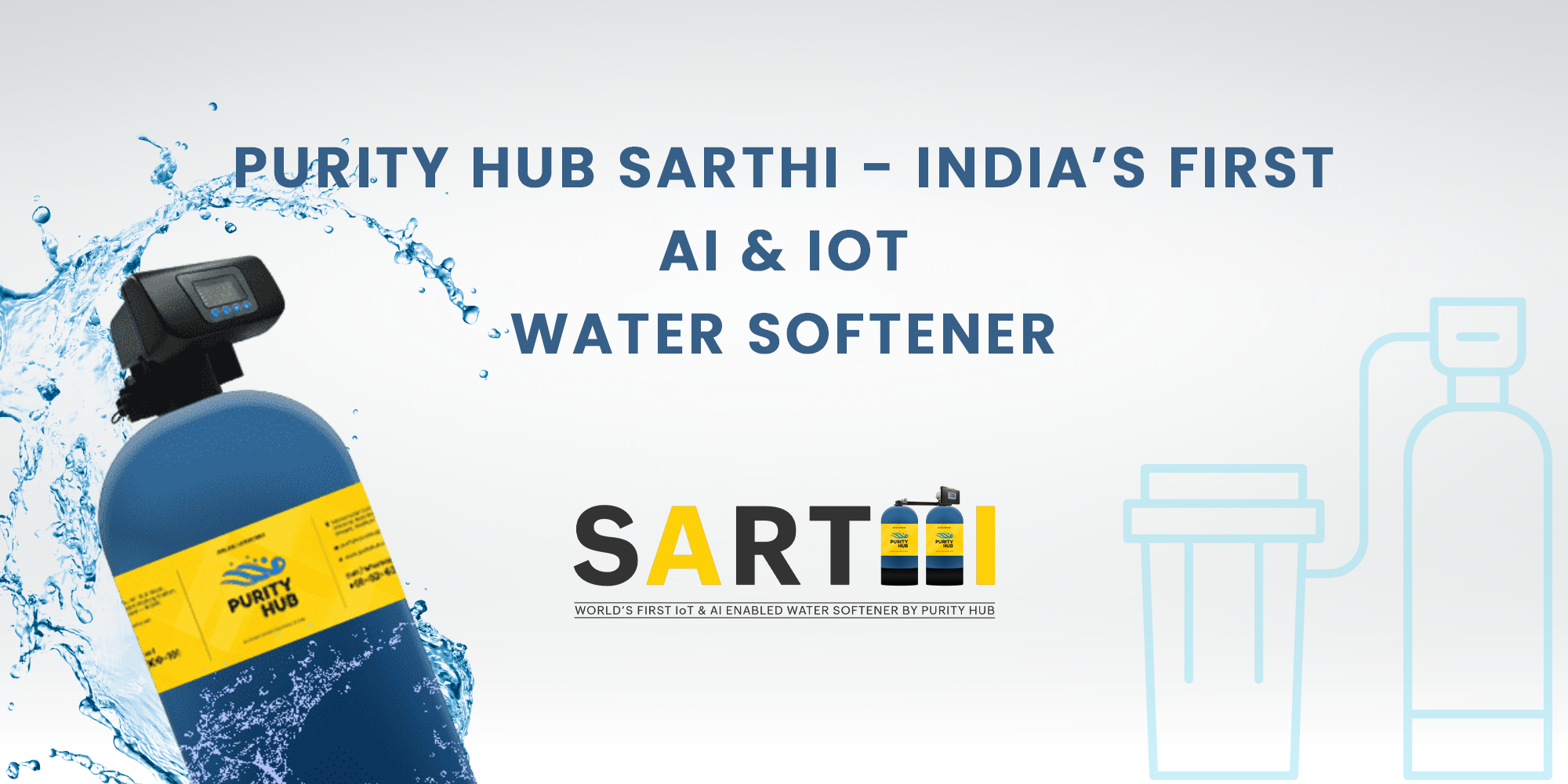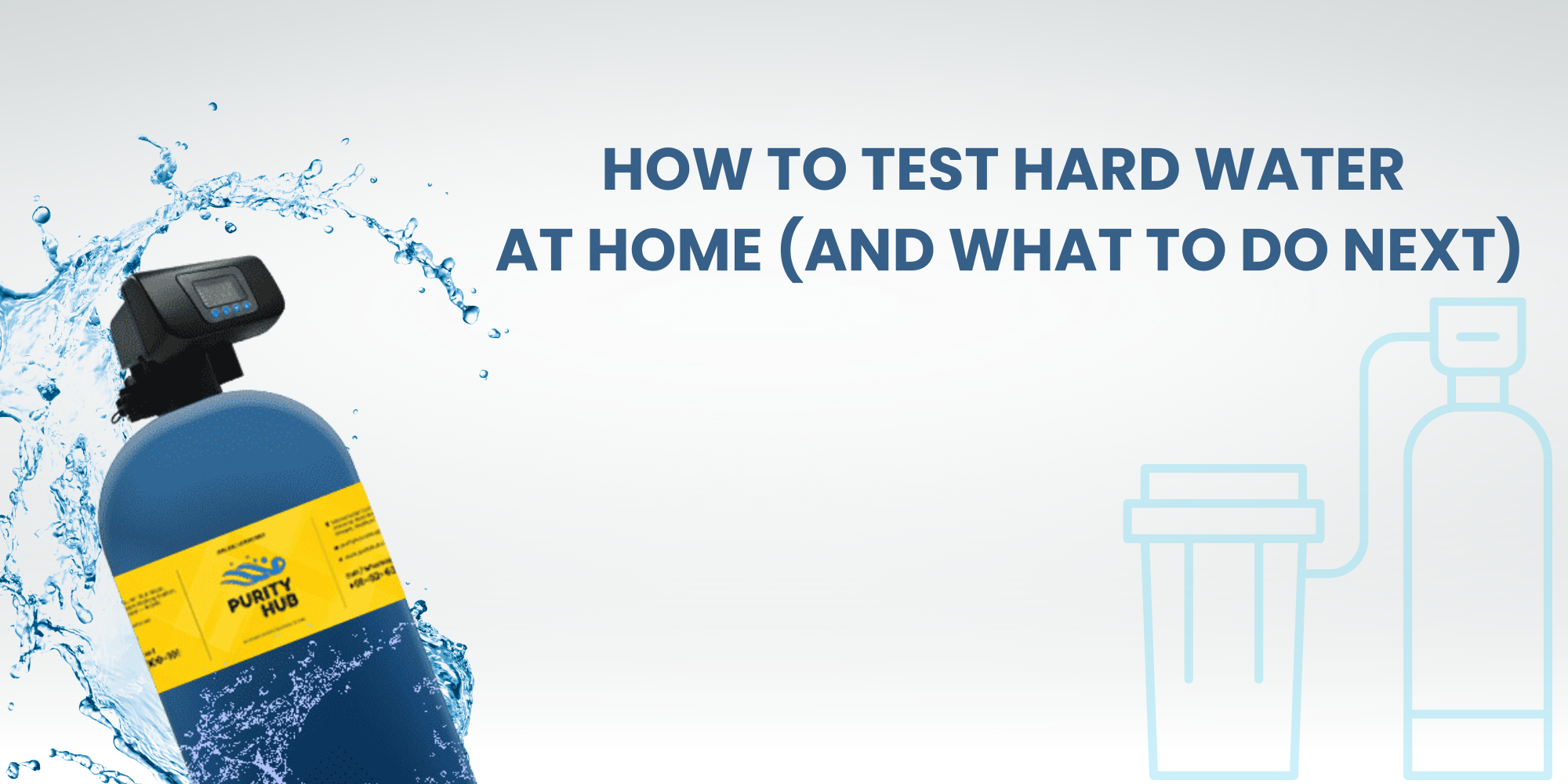
Hard water is a common issue in many households, yet it's often overlooked until it becomes a significant problem. Understanding the impact of hard water on your home and health is crucial, and knowing how a water softener can mitigate these issues can save you both time and money in the long run. In this blog, we will explore what hard water is, the problems it causes, and how a water softener for home can be the solution you need.
What is Hard Water?
Hard water contains high levels of dissolved minerals, primarily calcium and magnesium. While hard water isn’t harmful to your health, it can lead to various complications in your household. When hard water flows through your plumbing, it leaves behind mineral deposits, known as limescale. Over time, this limescale can build up in your pipes, appliances, and fixtures, leading to a variety of issues that can disrupt your daily life.
The Problems Caused by Hard Water
Ignoring hard water problems can have several consequences:
1. Damage to Plumbing and Appliances
One of the most significant issues with hard water is its impact on plumbing systems. Limescale buildup can restrict water flow, making it harder for appliances like dishwashers and water heaters to operate efficiently. This can lead to increased energy costs and shorten the lifespan of these appliances. In fact, a significant percentage of appliance failures are attributed to hard water damage.
2. Higher Utility Bills
The buildup of limescale and mineral deposits means that appliances must work harder to function effectively. As a result, your energy bills may spike, as your heating systems and water heaters use more power to compensate for decreased efficiency. A water softener for home can help mitigate this issue by reducing the hardness of your water, leading to lower energy costs over time.
3. Skin and Hair Issues
Hard water can affect your skin and hair. The minerals in hard water can make it difficult for soap to lather properly, leaving residues that can cause dry skin and hair. People with sensitive skin may find that hard water exacerbates conditions such as eczema or psoriasis. Switching to a water softener can help alleviate these issues, leading to healthier skin and shinier hair.
4. Stains and Spots
Hard water can leave behind unsightly stains and spots on dishes, glasses, and bathroom fixtures. This not only affects the aesthetic of your home but also increases the time and effort spent on cleaning. A water softener helps prevent these stains by removing the minerals responsible for them, keeping your home looking pristine with minimal effort.
How a Water Softener Can Help
A water softener is a household system designed to reduce the hardness of your water by removing excess calcium and magnesium. Here’s how it works:
1. Ion Exchange Process
Most water softeners operate using an ion exchange process, where hard water passes through resin beads that are charged with sodium ions. As the water flows through, the calcium and magnesium ions in the hard water are exchanged for sodium ions. This effectively softens the water, preventing the issues associated with hard water.
2. Improved Appliance Efficiency
By installing a water softener for home use, you can improve the efficiency of your appliances. With softer water, your appliances will require less energy to operate, leading to reduced utility bills and extending the lifespan of your appliances.
3. Enhanced Cleaning
With softer water, soaps and detergents work more effectively. You’ll notice improved lathering and cleaning, whether you’re washing dishes, doing laundry, or taking a shower. This means cleaner clothes, shinier dishes, and healthier skin.
4. Reduced Maintenance Costs
Investing in a water softener can significantly reduce the maintenance costs associated with hard water damage. By preventing limescale buildup in your plumbing and appliances, you can save money on repairs and replacements over time.
Choosing the Right Water Softener for Your Home
When selecting a water softener, consider the following factors:
Water Hardness Level: Test your water to determine its hardness level. This will help you choose a system that meets your needs.
Capacity: Choose a water softener with a capacity that suits your household size and water usage.
Regeneration Process: Consider how the system regenerates its resin beads. Some models use salt, while others use potassium, which may be preferable for those on low-sodium diets.
Conclusion
Ignoring hard water problems at home can lead to a variety of complications that impact your plumbing, appliances, and even your health. A water softener is a valuable investment that can alleviate these issues, making it an essential addition to any household facing hard water challenges. By improving appliance efficiency, reducing maintenance costs, and enhancing your overall quality of life, a water softener for home is a solution you shouldn’t overlook. Make the switch today and enjoy the benefits of softer, cleaner water throughout your home!



